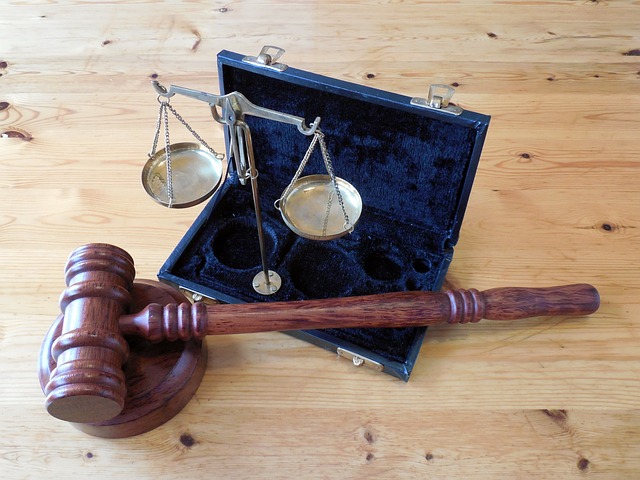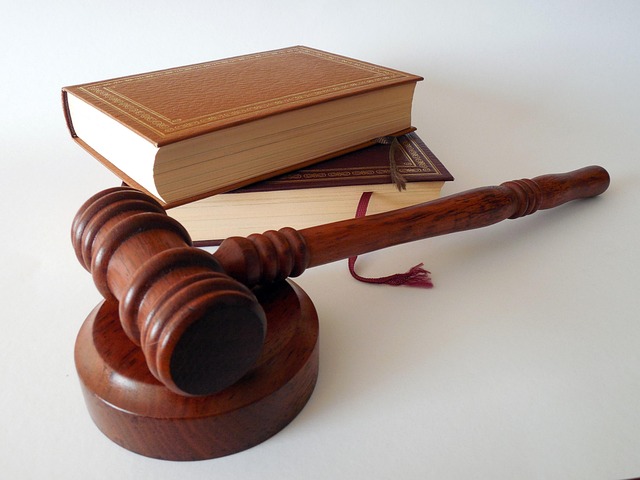Understanding the role of an executor is vital for navigating probate effectively. Designated in a will or trust, the executor manages the deceased's estate, gathering and distributing assets according to legal instructions. Their responsibilities include paying debts, selling assets, maintaining records, and protecting beneficiaries from claims. Efficient preparation requires organizing paperwork, seeking legal guidance, and understanding jurisdiction-specific requirements. As an executor, following a step-by-step guide for duties like document gathering, asset valuation, debt management, and distribution ensures a successful and compliant probate process. Seeking professional assistance from estate administration experts is recommended due to the intricacies of probate laws and executor responsibilities.
Looking for guidance through the complex world of probate? This comprehensive guide offers invaluable support for anyone navigating the process. From understanding the crucial role of an executor and their responsibilities, to mastering probate paperwork and proceedings, we demystify every step. We provide a detailed, step-by-step approach for executors, coupled with essential legal considerations and insights on when to seek professional assistance. Empower yourself with knowledge – ensure smooth, efficient probate administration.
- Understanding the Role of an Executor and Their Responsibilities
- Navigating Probate Paperwork: What to Expect and How to Prepare
- The Executor's Step-by-Step Guide to Handling Proceedings
- Legal Considerations and When to Seek Professional Assistance
Understanding the Role of an Executor and Their Responsibilities

When navigating probate, understanding the role of an executor is paramount. An executor, often designated in a will or trust document, serves as a key figure in administering the deceased’s estate. Their primary responsibility is to ensure that all assets are gathered, valued, and distributed according to the instructions outlined in the will or trust agreement. This involves managing various tasks such as paying debts and taxes, selling or liquidating assets, and overseeing the transfer of ownership.
The executor duties extend beyond mere administrative tasks. They must also protect and preserve the estate’s assets, maintain accurate financial records, and act with loyalty and care towards all beneficiaries. This includes being vigilant against potential claims or disputes that may arise during the probate process, ensuring a smooth transition for all involved parties.
Navigating Probate Paperwork: What to Expect and How to Prepare

Navigating probate paperwork can seem like an overwhelming task, especially during an emotional and stressful time. The process involves a series of legal documents and procedures that must be accurately completed and filed to ensure the smooth transfer of assets according to the deceased’s wishes. As such, it’s crucial to understand what to expect and how best to prepare.
The executor, responsible for handling the estate, plays a pivotal role in managing these paperwork. They are tasked with gathering all relevant financial documents, identifying and valuing assets, and preparing necessary legal filings like the petition for probate or letters of administration. Additionally, they must ensure compliance with local laws and regulations, maintain thorough records, and communicate transparently with beneficiaries. Efficient preparation starts with organizing important papers, seeking guidance from a legal professional, and familiarizing oneself with the specific requirements of their jurisdiction.
The Executor's Step-by-Step Guide to Handling Proceedings

As the Executor, your role is pivotal in navigating the complex landscape of probate. Here’s a step-by-step guide to ensure efficient handling of proceedings:
1. Gather and Organize Documents: The initial task involves collecting all necessary legal documents, including wills, titles, insurance policies, and financial statements. Organize these meticulously for easy access during the process.
2. Inform Interested Parties: Notify beneficiaries, heirs, and relevant government agencies as per legal requirements. This step is crucial to ensure transparency and compliance with probate regulations.
3. Valuate Assets: Accurately determine the value of all assets, both tangible and intangible. This includes real estate, investments, personal belongings, and other valuables. A detailed inventory will aid in fair distribution.
4. Manage Debts and Liabilities: Identify and prioritize debts and outstanding liabilities. Pay these off from the deceased’s estate to protect beneficiaries from financial obligations.
5. Distribute Assets: In accordance with the will or legal requirements, distribute assets to the designated beneficiaries. Ensure proper documentation for each transfer to safeguard against future disputes.
6. File Final Tax Return: Prepare and file the final income tax return for the deceased, ensuring all taxes are paid or accounted for, thus wrapping up financial affairs conclusively.
Legal Considerations and When to Seek Professional Assistance

When dealing with probate, understanding legal considerations is paramount. The process involves interpreting complex laws and regulations to ensure the will of the deceased is executed accurately. An executor, named in the will, is responsible for fulfilling these duties, which include gathering and managing assets, paying debts and taxes, and distributing remaining property as per the will’s instructions.
Seeking professional assistance is often advisable due to the intricate nature of probate laws and the executor’s responsibilities. Legal experts specializing in estate administration can provide guidance tailored to the unique circumstances of each case. They ensure compliance with regulations, help navigate potential disputes, and offer support throughout the entire probate process.
Probate can be a complex process, but understanding the role of an executor and their responsibilities, along with navigating the associated paperwork and proceedings, is crucial. By following the step-by-step guide and being aware of legal considerations, executors can efficiently handle the estate distribution. Remember that seeking professional assistance for probate paperwork and proceedings is beneficial when the estate is complex or valuable, ensuring a smoother transition during what can be an emotional time for families.
